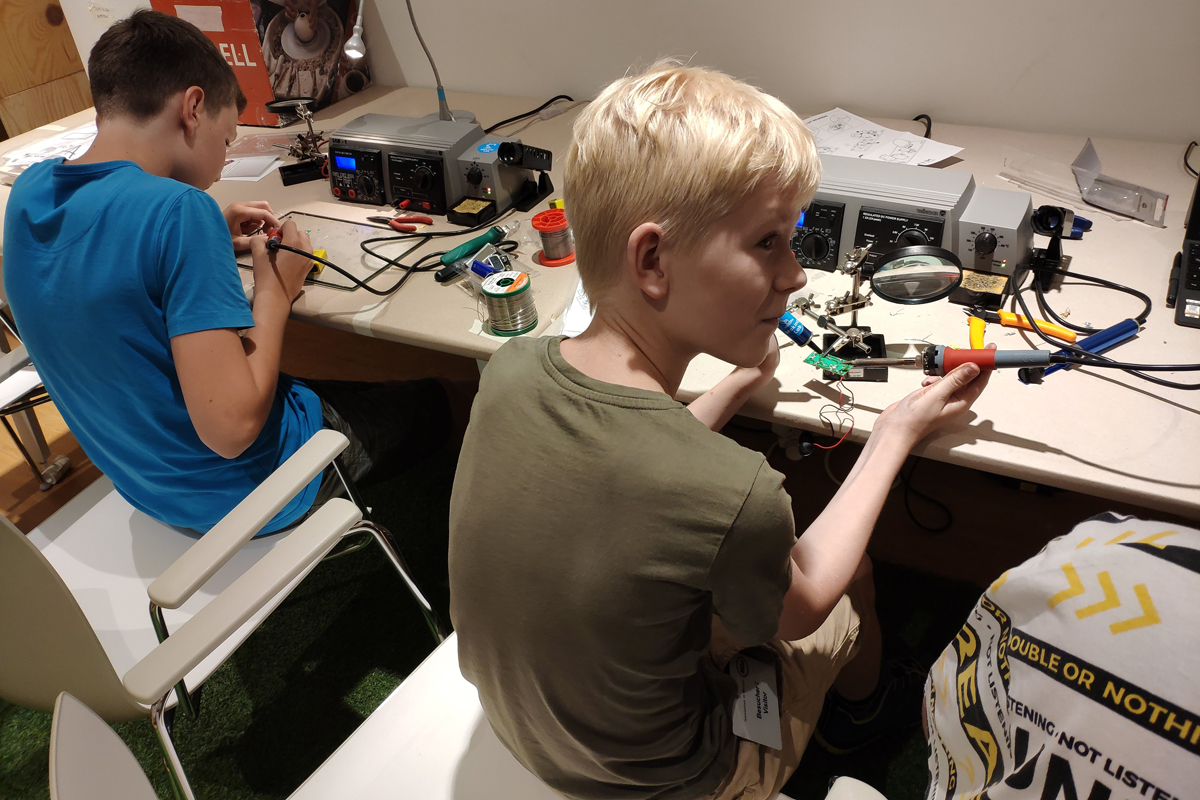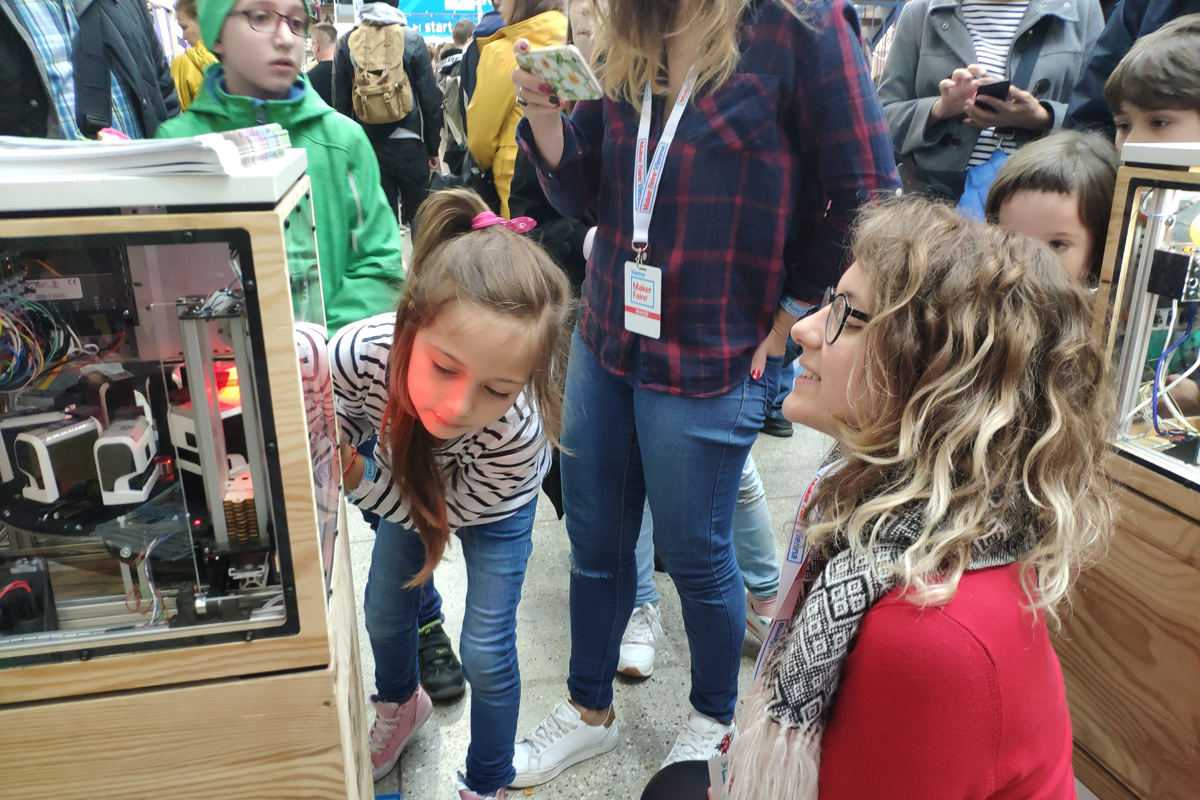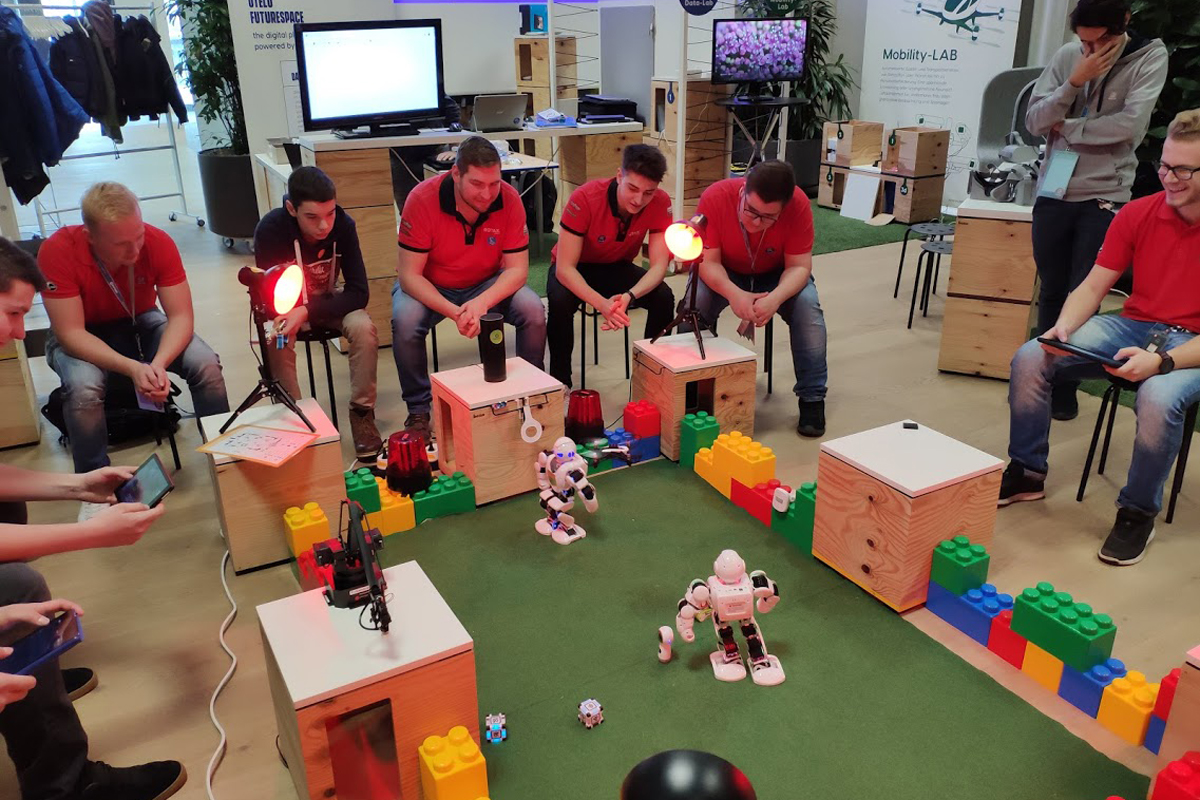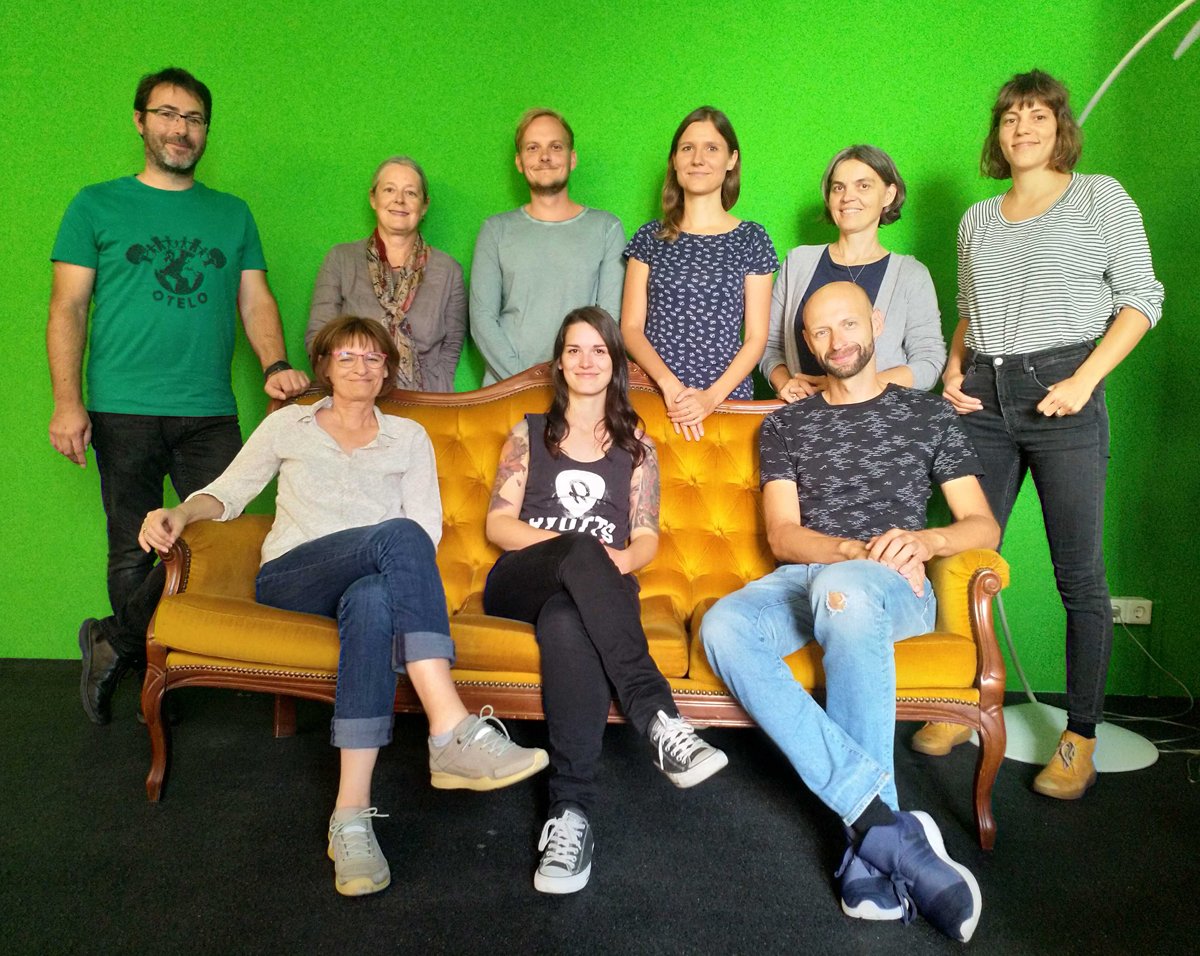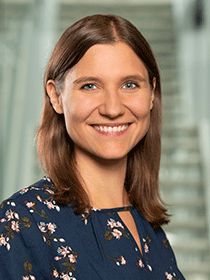In 2018 the list compiling careers indicated a shortage in the area of computer science and engineering sciences. Too many young people are deterred by the subjects although the career prospects in scientific and technical sectors are good. The “E-MINT” research project is investigating parental influence and how parents can improve their knowledge in the MINT field to consequently enhance interest for these future topics.
Most studies in the field of education deal with the situation of learners or that of teachers. The school context is scrutinized from different angles, yet a blind spot remains in educational research: parents. Technical-scientific subjects are perceived as "difficult and complicated". At the same time, artificial intelligence, robotics and deep learning, special artificial neural networks, are bench marks for the future, especially in business. Therefore well-founded knowledge in the STEM field is essential in order to keep track with technological innovations.
To intrigue adults for technical basics
This is where the “E-MINT” research project by the Center for Applied Game Studies comes in, in developing a comprehensive offer parents, interested adults, children and adolescents can benefit of. The idea is that parents are supported in opening doors for STEM, aiming to develop parental skills to enact as positive role models, coaches or mentors for their children. Storytelling elements, nudging and learning algorithms are the playful and action-oriented approach to achieve the goal.
The project aims on raising awareness for the impact STEM has on the various professions’ development and to what extent gender becomes relevant. Parents should be enabled to acquire knowledge about STEM by themselves and to specifically inspire their children. In the short run core occupations within the STEM area shall become visible to ultimately counter the shortage of skilled workers in the long run.
Space for knowledge transfer
So-called "spaces" are specifically developed for parents. Awareness is created and knowledge conveyed digitally in the "Info Spaces" embedded in the online platform. The “Maker-Spaces” invite to trying out - online and on the spot – and encourage to exchange impressions personally. "Futurespaces" will be developed to make artificial intelligence, virtual reality, robotics, mobility, big data and the Internet of Things tangible by playing a business game.
In order for the target group to feedback the project as “acceptable and effective in quality”, families are actively involved in the development process as a "control and feedback group". In addition, a broad-based pilot test is planned, connected with ongoing quality assurance processes and gender monitoring. "In this project we have set ourselves to the task of bringing this rather complex subject to parents in an attractive and playful setting. In that way incentives shall be created, knowledge generated and, above all, stereotypes eliminated," explains Natalie Denk, MA.
Project: E-MINT
Duration: 1 June 2019 – 31 May 2021
Funding: FFG
Department: Arts and Cultural Sciences
Project Lead: Mag. Natalie Denk, MA
Partners: ovos media gmbh, MOVES – Zentrum für Gender und Diversität, Otelo eGen, Österreichische Computer Gesellschaft
More information: http://www.donau-uni.ac.at
Contact
Mag. Natalie Denk, MA
Department for Arts and Cultural Sciences
Danube University Krems
Phone: +43 (0)2732 893-2362
